Meta has removed an exception that allowed users to disclose a person’s residential address as long as it is “publicly available,” the Facebook parent company revealed in an amended statement.
Meta’s response came nearly a year after the business requested a review of its handling of private residential information from the Oversight Board. The Board responded in February, urging Meta to improve its procedures regarding the sharing of private residential addresses in light of doxxing concerns.
While Facebook and Instagram already prohibit users from publishing their home addresses, the Meta-owned platforms take no action against posts that have “publicly available addresses.” By Meta’s definition, this includes any addresses that have been published in five or more news publications or made publicly available. Meta has stated that it will phase out this exception “before the end of the year.”
“As the board recognizes in this suggestion, eliminating the exception for ‘publicly available’ private residential information may curtail the availability of this information on Facebook and Instagram while it remains publicly available elsewhere,” Meta adds. “However, we acknowledge that embracing this advice could help strengthen our platforms’ privacy protections.”
Additionally, Meta is altering its response to posts including images of the exteriors of private residences. The business states that it will not take action if “the property pictured is the subject of a news story,” unless the image is “posted in connection with organizing protests against the resident.” Additionally, it will allow users to share the exteriors of publicly-owned residences belonging to “high-ranking authorities,” such as heads of state or ambassadors, as well as coordinate protests at these sites.
And, while Meta says it will continue to allow users to post their own addresses, it will not follow the Board’s recommendation to allow other users to reshare them, citing the fact that it is “frequently impossible to determine whether a resident consented to another person sharing their private address.”
Additionally, Meta did not completely commit to building tools that would make reporting a privacy infringement easy for users. It is evaluating the viability of the Board of Directors’ recommendation to streamline the process for seeking the removal of private information from Facebook and Instagram. The company claims it is now testing a method for making the “Privacy Violation” reporting option more visible. Rather than requiring users to navigate through two menus and look for a specific option, Meta says it will experiment with making the choice more “prominent.”
The Board proposed creating a “special channel” to handle doxxing reports as well, but Meta declined. Meta responded that it is “actively developing new channels for users to seek support” and that it already partners with over 850 organizations that provide assistance to victims, such as the Revenge Porn Helpline in the United Kingdom and the National Network to End Domestic Violence in the United States.
Meta’s proposed policy changes, most notably the decision to eliminate the residential address exception, should provide an extra layer of protection for doxxing victims. Doxxing is the act of publishing an individual’s name, phone number, email address, or home address online with the intent of harassing them. Meta is also responding for the first time to the Oversight Board’s policy advisory opinion.
The Oversight Board was established in 2020 and is comprised of a diverse group of people that provide external oversight of Meta’s moderating decisions and rules across all of its platforms. Meta is not bound by the Oversight Board’s judgments but must reply to each of its suggestions, as it did here.
